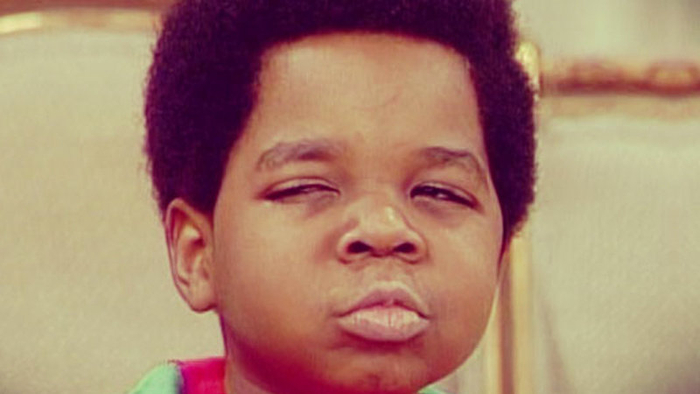
Season 11 of “Married At First Sight” includes a couple where the (Black) man, Miles, is admittedly easy with expressing his emotions, and the woman (Karen — uh-oh!) of the couple is uncomfortable with being with a man who is at ease with expressing himself — which she learned through his Instagram videos. Perhaps his revelation of depression made this even worse in her mind.
This isn’t a new thing in these type of reality TV dating shows, as the newest season of “Love Is Blind” dealt with a similar subject (Marshall, the Black male half of the couple, was openly thoughtful about how he felt — to the annoyance of Jackie, his other half), but it’s rarely discussed — probably because of the small amount of Black participants. Black masculinity is steeped in confining stereotypes, and it’s a problem for those invested in the archetype and those who believe it.
So is an emotionally poignant Black man something that: 1. Is a source of discomfort for the women (Karen is Black; Jackie, I believe, is either Latina or Asian) in these couples; 2. A problem with the patriarchal nature of these shows; and/or 3. Challenged for the sake of examining the stereotypes instead of being all, “That’s weird?”
Of course, these shows chop and screw footage to tell broad stories to the detriment of the cast members, and there have been other Black men on these shows (like Brett in “Love Is Blind” season 4, who was emotionally intelligent and with a woman who loved him) who have not been called out for their sensitivity. But I’ve rarely — if at all — seen the subject of masculinity for non-Black men be addressed on these dumb shows.
Another aspect of shows like “Married At First Sight” and “Love Is Blind” is that the cast members are there because previous methods of dating towards successful relationships didn’t work to their liking (and/or they’re increasing their social media following). Self-sabotage or other ways of stonewalling intimacy may be a feature or a bug.
So there are multiple flashpoints for this issue to explode and little way of introspection for why. And moving this discussion from conversations offline to online (streaming) and cable, while a good starting point for bringing up the topic, does nothing if there is no real examination. Like diversity in the workplace, introducing a new element without a way to include and integrate it successfully is akin to patting yourself on the back while the marginalized employee suffers.
And discussions like this are important — not just for those at the center of the issue. Understanding how fetishization of Black men works in society — which is an element of Black masculinity — is to further unpack how much society sets us up to suffer emotionally. On the other hand, is this a topic that should be aired out in public? Should this be contained within the community? Should we suffer all alone, or consider it something we can take care of ourselves? (In the case of the latter, are we taking care of it?) Is it worth airing out the laundry for greater clarity of the complexity of the Black American experience?
And if progressive people claim to care about everyone, this is a part of that. Unless it’s too uncomfortable or not worth the effort, in which case, a healthy dose of side eye is what you deserve. It’s interesting how supposedly liberal people, even when confronting racial issues affecting their non-white friends, are too distressed to answer the call. I’m taking notes.
Perhaps a reality dating show is not the most thought-provoking place to unearth centuries of trauma centered around Black virility and all it encompasses. But like sneaking medicine in a dog treat, it doesn’t hurt to use whatever means necessary to bring attention to the matter. Whether it’s worth following up on is dependent upon the person receiving the message. Silence is an answer.
Women say they want vulnerability and then use it as a weapon against the men.
LikeLike